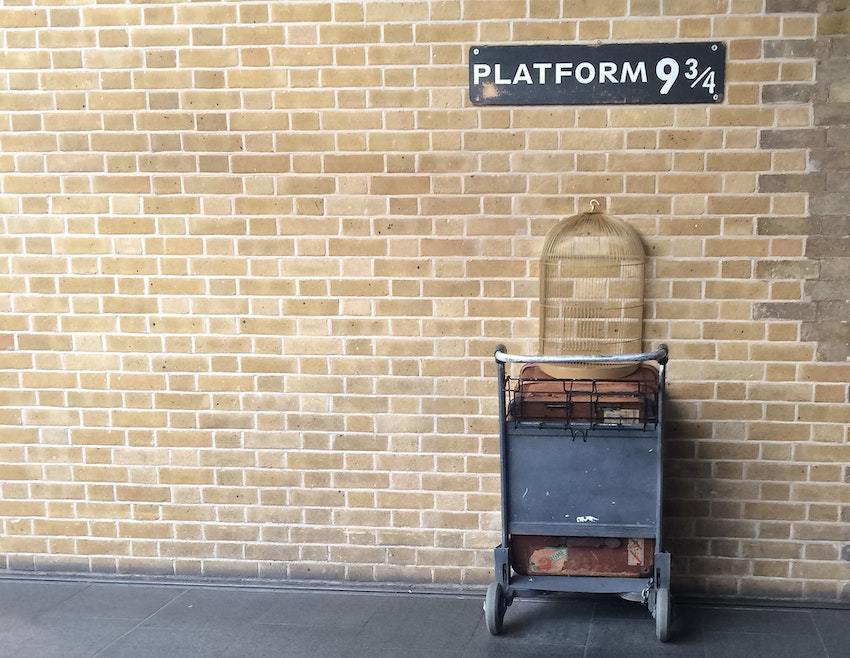Fandoms have become an essential and important part of participatory culture. Fandoms are what give books, movies, and TV series life—they are the backbone of entertainment media. In some cases, fans have cultivated such a monumental presence in the physical and online worlds that they hold more power over the world created by the author than the author themselves. According to John Sullivan’s book, Media Audiences, “[fans] experience these texts in a much deeper way by integrating them into their lives. Fan audiences [feel] so connected to the [work]… that they develop a sense of ownership over the text.” Combine this with the emergence of social media and fans’ ability to uphold accountability to an extreme extent, and fandoms have more power than ever.
We can see evidence of this in the infamous Twitter scandal involving J.K. Rowling, author of the dearly beloved Harry Potter series. Her most recent transgression was a tweet in which she supported a transphobic researcher who had recently been fired over her own transphobic tweets. According to NBC News, Rowling then shared a three thousand word essay about her beliefs on gender, sexuality, and transgenderism. A lot of her notions were controversial because to fans and others alike, they dismissed the validity of being transgender. This sparked a huge backlash, and thus J.K. Rowling was “cancelled.” The scandal rocked the Harry Potter community, but how did they react, and what does it mean for Harry Potter?
In response to the scandal, Melissa Anneli, co-creator of the famous website, LeakyCauldron, and the massive fan-convention LeakCon—who also wrote Harry, A History with a forward from Rowling herself—remarked that Rowling being cancelled didn’t change the fandom or her love for it. She posted a thread on Twitter about the incident, saying that while she understands that this devastating blow to the fans of the series could turn people from the books, the fandom community “[has] always been [a] warm, welcoming, imperfect place where we learn and grow and change.” Another testimony was given by Renae McBrian, who helps maintain the fan-run news site MuggleNet, stating that “J.K. Rowling gave us Harry Potter; she gave us this world…but we created the fandom, and we created the magic and community in that fandom. That is ours to keep.” The fandom rose up to defend their LGBTQ+ friends, making sure that they still felt included in the universe of Harry Potter and inside the fandom itself, even if J.K. Rowling herself was seemingly trying to exclude them. Talia Franks, a nonbinary member of the Harry Potter Alliance, stated,
“I don’t need J.K. Rowling at all.” The consensus is that Harry Potter belongs to the fans, and no matter what she does, she couldn’t take it away from them.
These testimonies show us that even though J.K. Rowling created the Harry Potter world and its characters, she no longer completely owns it. In fact, it seems that the fandom is content to leave the author out completely, staking a claim of ownership beyond the pages that doesn’t involve Rowling. The fans no longer rely on her for access to the universe, having immortalized it through the power of fandom and fan culture. Fans might not be so happy that she may continue to get recognition, but they take comfort in knowing that the world they developed from the series ultimately belongs to them.

